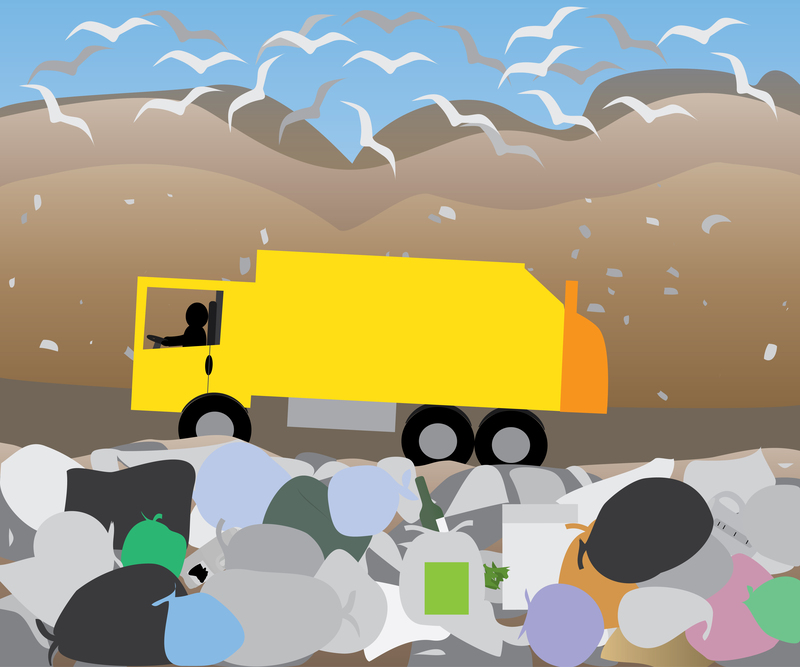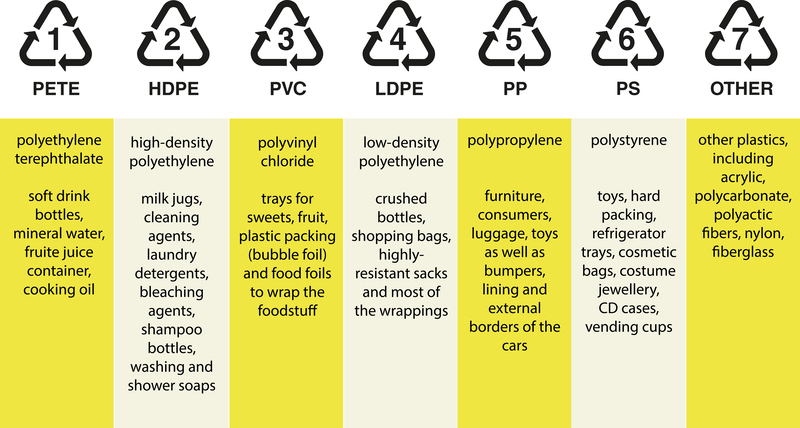How to Dispose of Ceramic, Glass, and Metal Pots and Pans Properly
Properly disposing of old kitchenware--ceramic, glass, or metal pots and pans--is essential not only for the environment but also for keeping your home clutter-free. If your cookware is damaged, worn-out, or simply no longer fits your needs, it's important to understand the best eco-friendly and responsible ways to dispose of ceramic, glass, and metal pots and pans. This comprehensive guide will walk you through everything you need to know, from disposal and recycling options to innovative repurposing ideas.
Why Proper Disposal of Cookware Matters
Most households have old pots and pans stashed in the back of cupboards, taking up valuable space. But simply trashing these items can harm the environment, especially if they end up in landfills. Metal cookware can take hundreds of years to break down, and some ceramic glazes contain substances that could leach into the ground. Glassware can pose safety hazards if not disposed of properly. Therefore, learning how to properly dispose of pots and pans is crucial.

General Overview: What Are Pots and Pans Made Of?
Understanding the materials in your cookware helps you find the best disposal or recycling route. Here are the most common materials:
- Ceramic: Includes glazed pottery, stoneware, and earthenware.
- Glass: Typically Pyrex or tempered glass, often used for baking dishes.
- Metal: Aluminum, stainless steel, cast iron, copper, and nonstick-coated pans.
Each material requires a different approach for responsible pot and pan disposal.
How to Dispose of Ceramic Pots and Pans
Are Ceramics Recyclable?
Unfortunately, most ceramics are not recyclable via standard curbside programs. Ceramics have a different melting point from glass and can contaminate recycling streams. However, don't give up yet--there are still eco-friendly disposal options.
Best Ways to Dispose of Ceramic Cookware
- Reuse or Repurpose: If the ceramic is chipped or cracked but still attractive, consider using it for decorative purposes, plant pots, or mosaic art projects.
- Donate: If the ceramics are intact, donate them to thrift stores, community centers, or shelters.
- Specialty Recycling Centers: Some facilities accept ceramics. Search for "ceramic recycling near me" and call ahead to confirm acceptance.
- Landfill Consideration: As a last resort, ask your local waste management service how to safely dispose of ceramics. They often prefer these go in the trash, but broken ceramics should be wrapped securely to avoid injury.
Tip: Never put ceramics in your glass recycling bin!
How to Properly Dispose of Glass Pots and Pans
Can Glass Cookware Be Recycled?
Regular glass, such as bottles and jars, is commonly recycled. However, tempered glass found in baking dishes (Pyrex, for example) cannot go in mixed-glass recycling because of its different structure and higher melting point.
Methods for Glass Cookware Disposal
- Donation: If your glass bakeware is in good condition, local charities or donation centers may accept it.
- Reuse & Upcycling: Use old glass pans for storage, planters, or organization (e.g., as a drawer organizer). Creative reuse reduces waste and gives your cookware a second life.
- Specialty Disposal: Some recycling centers accept tempered glass--search locally and ask ahead.
- Landfill Safety: If no other option is available, wrap broken glass in several layers of newspaper or bubble wrap, mark it as "broken glass," and dispose of it in your regular trash to protect sanitation workers.
Underlining the point: Never place tempered glass in curbside recycling unless your program explicitly permits it.
How to Recycle or Dispose of Metal Pots and Pans
Metals in Cookware
Many pots and pans are made from valuable metals such as stainless steel, copper, aluminum, and cast iron. These materials are highly recyclable, but not always through your household recycling bin.
Ways to Recycle Metal Pots and Pans
- Scrap Metal Yards: Take your old metal cookware to a local scrap metal facility. Most will accept pots and pans--even ones with plastic handles--because they can separate the materials. You may even earn a small payout depending on the type and weight of metal.
- Special Programs: Many cities run annual or seasonal bulky item pickups that accept metal cookware.
- Curbside Collection: Some areas accept small metal items in recycling bins. Check your municipality's rules first.
- Retail Take-Back: Some kitchenware retailers offer recycling take-back programs when you purchase new cookware. Ask about "pan recycling programs" when you're ready for an upgrade.
What About Nonstick or Teflon-Coated Cookware?
Nonstick (Teflon-coated) pans must be treated with extra caution:
- If completely scratched, dented, or peeling, don't donate or recycle curbside. Take to a scrap yard--they typically accept these and can separate the material.
- Never incinerate nonstick cookware as it can release toxic fumes.
- Consider the manufacturer: Some brands offer mail-back recycling for their products.
Creative Ways to Repurpose Old Pots and Pans
Looking for sustainable alternatives to landfill disposal? Repurposing old ceramics, glassware, and metal pans is both practical and environmentally friendly. Here are creative suggestions:
- Turn pans into planters: Add drainage holes and create a quirky kitchen herb garden.
- Use as storage bins: Organize tools, craft materials, or kids' toys.
- DIY birdbaths or feeders: Especially with shallow pans or bowls.
- Mosaic art: Smash ceramics (safely) and create outdoor stepping stones or artwork.
- Gift packaging: Fill an old baking dish with homemade treats and give as a gift.
Remember: Repurposing prevents waste and gives your tired cookware a new lease on life!
Donation: Give Cookware a Second Life
If your cookware is still in good, functional condition, consider donating. These organizations often accept old pots, pans, and bakeware:
- Thrift stores (Goodwill, Salvation Army, local charities)
- Homeless or transitional shelters
- School home economics departments or community college kitchens
- Community centers or soup kitchens
Before donating, clean your items thoroughly, and only donate items that are still safe for food use (avoid items with deeply scratched nonstick coatings or major cracks).
Frequently Asked Questions about Disposing of Pots and Pans
Can you put pots and pans in the recycling bin?
Usually metal pans are accepted at scrap metal facilities rather than regular recycling bins. Ceramic and glass cookware are almost never accepted curbside. Always check your local recycling guidelines to avoid contamination.
Can I throw ceramic, glass, or metal pots and pans in the trash?
As a last resort, you may dispose of kitchenware in your regular trash, but be sure to prepare it safely (e.g., by wrapping sharp or broken pieces).
What about cookware with wooden handles or plastic parts?
Remove any wood or plastic if possible and dispose of separately. Most scrap yards will still accept pans with minor non-metal parts, as they have machinery to separate materials.
What is the best eco-friendly way to dispose of old pots and pans?
For eco-friendly cookware disposal, try to reuse, donate, or recycle before considering the landfill. A creative repurposing or a trip to the scrap yard is far better for the planet.
Tips for Responsible Cookware Disposal
- Call ahead: Whether donating or recycling, verify that your chosen location accepts your type of cookware.
- Prepare items correctly: Clean all cookware and, if broken, wrap pieces for safety.
- Research specialty programs: Manufacturer take-back programs and city recycling events can provide more options.
- Educate others: Share what you've learned about disposal of kitchen pots and pans to inspire responsible action within your community.
The Environmental Benefits of Proper Cookware Disposal
Responsibly managing your old pots and pans contributes to:
- Reducing landfill waste and environmental contamination
- Reusing valuable metals and reducing the need for new mining
- Supporting charitable organizations and those in need
- Promoting creativity and minimizing consumer waste through upcycling
Together, we can make a difference--one pan at a time!

Conclusion: Make Cookware Disposal Part of a Greener Kitchen
Learning how to dispose of ceramic, glass, and metal pots and pans properly is an important aspect of environmental stewardship. Whether you choose to recycle, repurpose, or donate, every responsible action reduces your footprint and helps create a healthier planet. Always check local regulations and consider creative options before sending items to the landfill.
Ready to clear out your kitchen without harming the environment? Follow these steps and transform your old cookware into an asset for the community, your home, or the Earth itself.
Further Resources
Declutter responsibly and give your cookware a sustainable send-off!